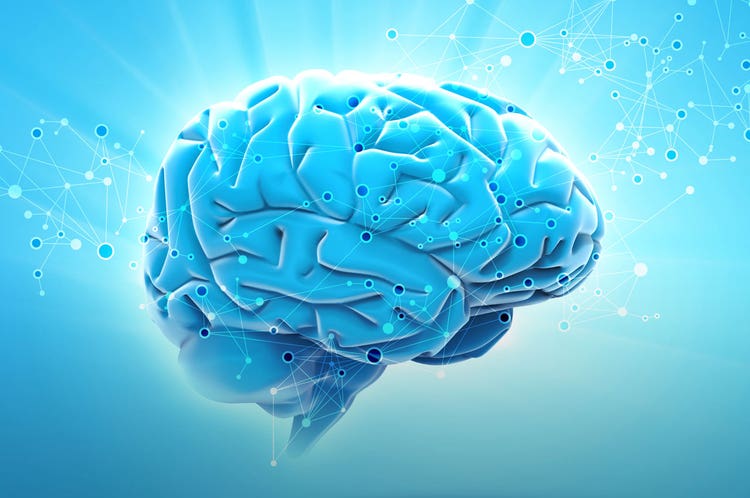Warm-up: Long-Term Brain Training Could Induce Partial Recovery in Paraplegic Patients

The Neurorehabilitation Laboratory in Brazil recently published a report on an unexpected discovery it made in attempting to improve paraplegic patients’ ability to manipulate a brain-controlled, robotic exoskeleton (an external device designed to provide mobility). Eight chronic spinal cord injury paraplegics who participated in year-long brain-training that was aimed at restoring movement also experienced neurological improvements in physical sensation and their ability to exert voluntary motor control in their lower limbs — and half were upgraded to incomplete paraplegia status. Researchers used a brain-machine interface (BMI), which is a direct communication pathway between a wired brain and an external device. The study combined intense, immersive virtual reality training, visual feedback and walking with two robotic actuators, including a custom-designed lower limb exoskeleton capable of delivering tactile feedback to the subjects. Their neurological recovery also highlighted the brain’s plasticity, or neurological adaptation, including the reemergence of lower limb motor imagery in the brain.